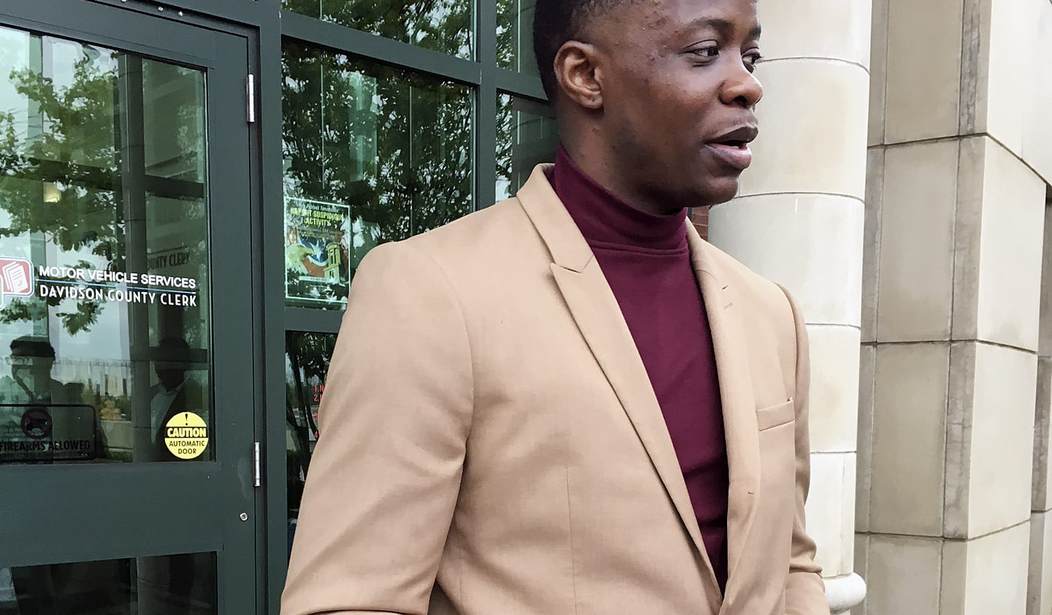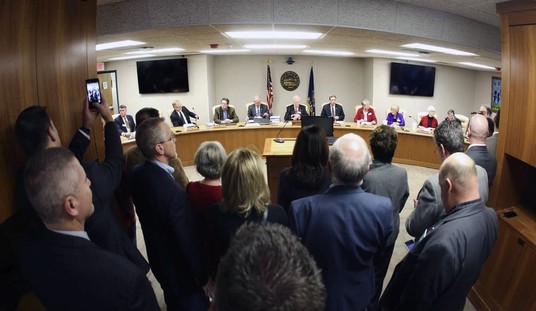There’s so much focus in the media, in education, and even in politics about so-called “toxic masculinity.” But what about the men who are gentlemen, successful—even heroes? The progressive left’s insistence on blaming men for all the world’s problems, even while heralding people like James Shaw Jr., the man who brought down a shooter at a Waffle House recently, shows they either don’t actually believe in toxic masculinity, or they don’t know what to do with the fact that there really are heroes among the villains.
Take, for example, a new program, “MasculinUT,” at the University of Texas at Austin promoting awareness of toxic masculinity. If there ever were a state more confident of masculinity and complementarianism, it seems like Texas would be it. Yet they too have succumbed to the pressure and are now promoting a “more expansive approach to masculinity” by aiming to help men address “interpersonal violence, sexual assault and other issues,” UT wrote in a statement. By definition, toxic masculinity is “adherence to traditional male gender roles that restrict the kinds of emotions allowable for boys and men to express.”
It’s true, more men than women engage in violence and sexual assault. Is this a result of toxic masculinity? In other words, is this because they are male and don’t know how to properly channel their masculinity energy? Somehow, toxic masculinity has taken on one definition—adhering to gender roles that eschew emotions—while actually latching itself to some of the most grievous issues ailing the world today. Masculinity, inherently, is neither one of those things, nor is it toxic. Some men do bad things just like some women do. Is femininity toxic, too? More young women lean to the left politically than men do. Are they more enlightened or less so? There’s no logic to trying to weave together masculinity with sexual assault, with the repression of emotions. It’s more of a progressive campaign to stifle the importance of men or even eradicate the influence of masculinity altogether. There is danger in this campaign and men like James Shaw Jr., the “Waffle House hero” as he has been dubbed, demonstrate this.
According to reports, he’s just a regular guy who did something courageous and sacrificial—saving the lives of people inside the Waffle House when a gunman entered and started shooting. He not only doesn’t believe himself to be heroic, but he started GoFundMe accounts for the families of the four innocent victims. What makes Shaw a hero and the shooter, also a young man who was “delusional” and had run-ins with the law, a villain? What makes some men heroes and others criminals? It’s likely not the fact that they’re masculine or were forced to squelch emotions, but a myriad of factors including emotional and psychological health, upbringing, and other coping factors.
Recently James Shaw Jr. was honored on Ellen DeGeneres’ show, in part thanks to journalist Yashar Ali’s successful GoFundMe account he set up to help Shaw with his own expenses. I’m glad to see so many people recognizing the selfless heroism of a man who is not only masculine, but defines what true, good, healthy masculinity looks like: brave, courageous, kind, and humble. With this in mind, it’s time to drop the campaign against “toxic men” and show our young people more men like Shaw.









Join the conversation as a VIP Member